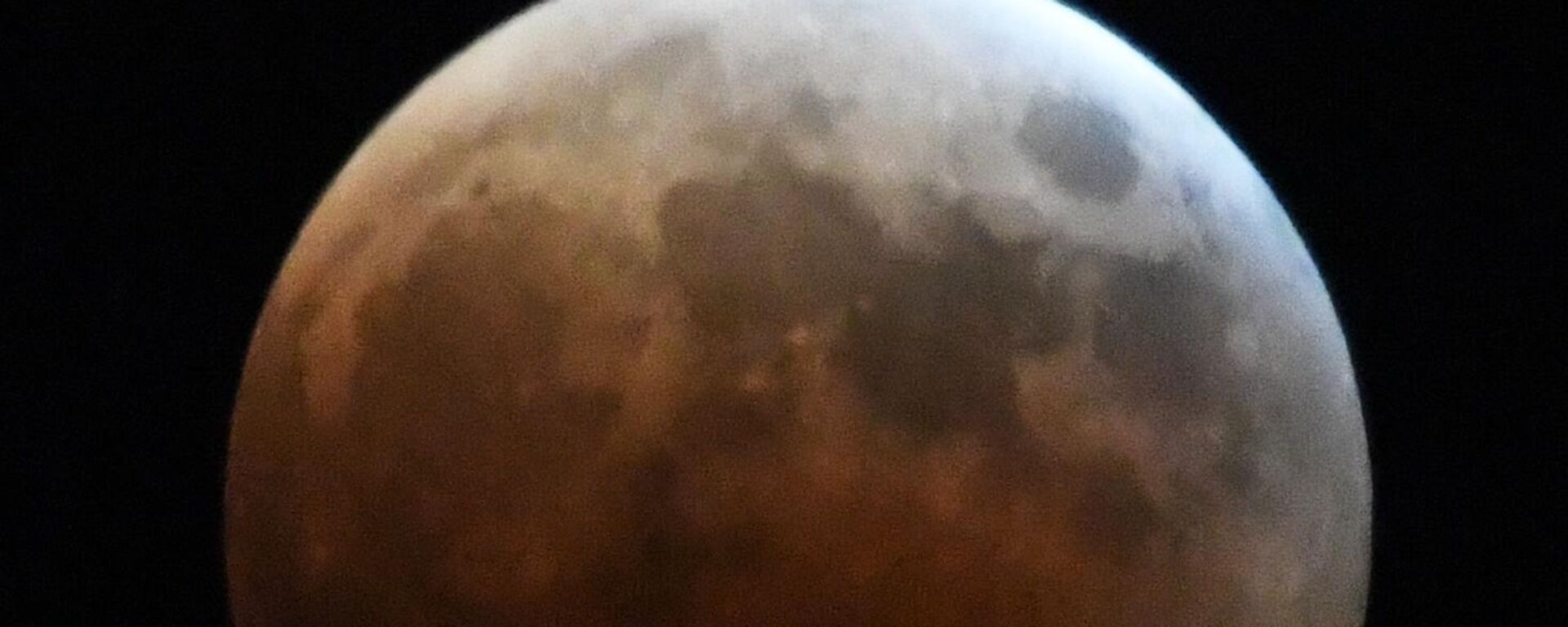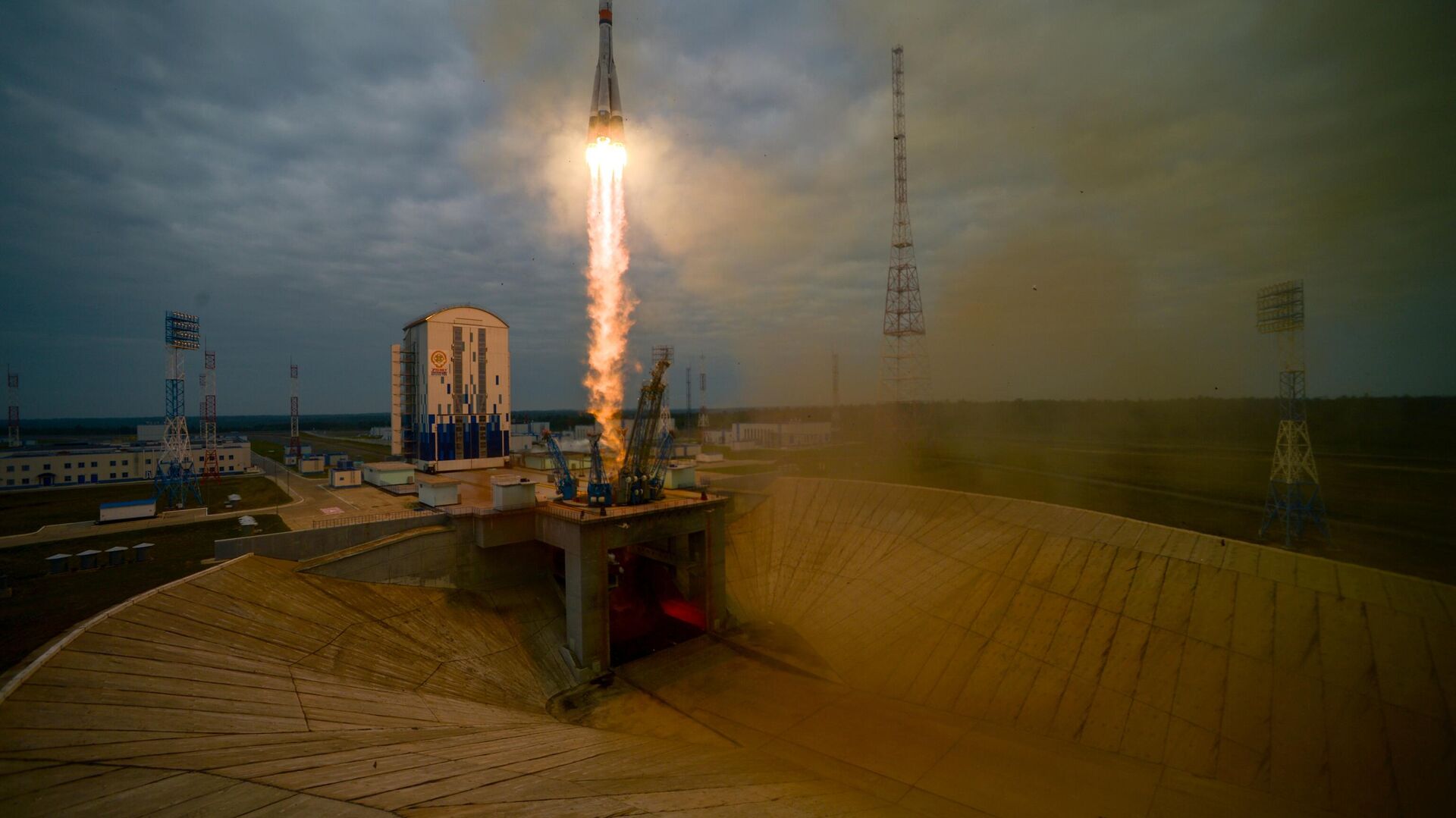https://sputnikglobe.com/20230915/russias-luna-25-module-crashed-due-to-malfunction-of-accelerometer---roscosmos-1113407848.html
Accelerometer Malfunction Prompted Luna-25 Module to Crash Into Moon - Roscosmos
Accelerometer Malfunction Prompted Luna-25 Module to Crash Into Moon - Roscosmos
Sputnik International
Russia's Luna-25 module crashed due to a malfunction of the accelerometer that failed to transmit the information needed for the engine to turn off, Yuri Borisov, head of Russian state space corporation Roscosmos, said Friday.
2023-09-15T20:17+0000
2023-09-15T20:17+0000
2023-09-15T20:19+0000
beyond politics
yuri borisov
russia
bill nelson
roscosmos
nasa
luna-25 (moon-25)
lunar mission
crash landing
moon
https://cdn1.img.sputnikglobe.com/img/07e7/08/0d/1112566634_0:159:3077:1889_1920x0_80_0_0_851d1ed64b2a0513a662665f4a13f243.jpg
On August 20, Roscosmos said that Luna-25 module crashed into the moon's surface after going into an unplanned orbit. Communication with the spacecraft was lost at around 2:57 p.m. Moscow time (11:57 GMT) on August 19. "The correction engine has not stopped working according to the information from the accelerometer, this is the device that shows the change in speed. The reason is that the accelerometers did not turn on. Why they did not turn on, we are looking into it in detail now," Borisov said at a news conference. Currently, there are 16 preliminary causes for the crash, 11 of which have already been checked, and the examination into the causes of the Luna-25 crash is planned to be completed by the end of September, the official added. The first person to convey words of support in connection with the accident was NASA Administrator Bill Nelson, Borisov said.Roscosmos earlier detailed that the landing module crashed because the engine failed to turn off as program, having worked 127 seconds instead of 84 seconds during a transition to pre-landing orbit.However, despite the unsuccessful landing, Russian authorities have underscored that the mission has provided invaluable information to the assignment.
https://sputnikglobe.com/20230820/luna-25-station-collided-with-moon---russian-space-agency-1112736044.html
russia
Sputnik International
feedback@sputniknews.com
+74956456601
MIA „Rossiya Segodnya“
2023
Sputnik International
feedback@sputniknews.com
+74956456601
MIA „Rossiya Segodnya“
News
en_EN
Sputnik International
feedback@sputniknews.com
+74956456601
MIA „Rossiya Segodnya“
Sputnik International
feedback@sputniknews.com
+74956456601
MIA „Rossiya Segodnya“
russia's luna-25 module, yuri borisov, head of russian state space corporation roscosmos, luna-25 automatic landing module, luna-25 crash
russia's luna-25 module, yuri borisov, head of russian state space corporation roscosmos, luna-25 automatic landing module, luna-25 crash
Accelerometer Malfunction Prompted Luna-25 Module to Crash Into Moon - Roscosmos
20:17 GMT 15.09.2023 (Updated: 20:19 GMT 15.09.2023) BAIKONUR (Sputnik) - Russia's Luna-25 automatic landing module crashed due to a malfunction of the accelerometer that failed to transmit the information needed for the engine to turn off, Yuri Borisov, the head of Russian state space corporation Roscosmos, said on Friday.
On August 20, Roscosmos said that Luna-25 module crashed into the moon's surface after going into an unplanned orbit. Communication with the spacecraft was lost at around 2:57 p.m. Moscow time (11:57 GMT) on August 19.
"The correction engine has not stopped working according to the information from the accelerometer, this is the device that shows the change in speed. The reason is that the accelerometers did not turn on. Why they did not turn on, we are looking into it in detail now," Borisov said at a news conference.
Currently, there are 16 preliminary causes for the crash, 11 of which have already been checked, and the examination into the causes of the Luna-25 crash is planned to be completed by the end of September, the official added.
The first person to convey words of support in connection with the accident was NASA Administrator Bill Nelson, Borisov said.

20 August 2023, 08:58 GMT
Roscosmos earlier detailed that the landing module crashed because the engine failed to turn off as program, having worked 127 seconds instead of 84 seconds during a transition to pre-landing orbit.
However, despite the unsuccessful landing, Russian authorities have
underscored that the mission has provided invaluable information to the assignment.



